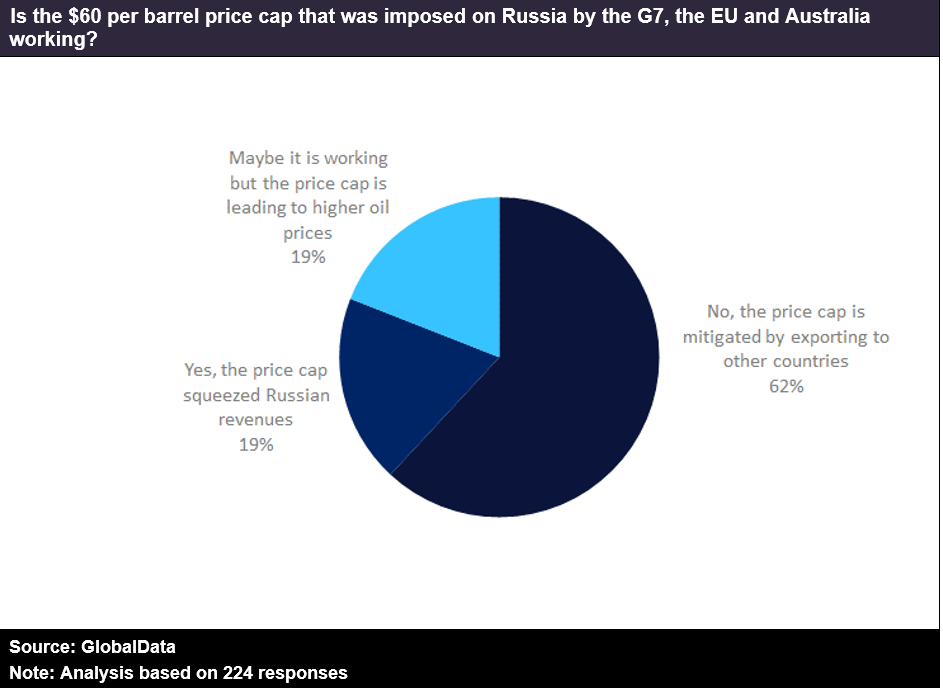Portuguese energy company Galp on Monday confirmed plans to enter into a joint venture (JV) with Japan-based trading company Mitsui to produce renewable diesel and sustainable aviation fuel (SAF) biofuels.
The partnership will invest approximately $691m in two industrial-scale projects; a 270 kilotonnes per annum (ktpa) advanced biofuels unit and 100MW of electrolysers for the production of green hydrogen. Both units are expected to begin production during 2025. Galp will own 75% of the JV’s shares, with Mitsui owning the remaining 25%.
The advanced biofuels unit, which will receive approximately $425m in initial funds, will use waste residues feedstock from used cooking oil or animal fat to produce renewable diesel, also known as hydrotreated vegetable oil (HVO). SAFs will also be produced in the same way as the companies look to invest in the decarbonisation of the global travel sector.
HVO can be used as an alternative to fossil diesel fuel for vehicles with internal combustion engines, with SAF increasingly being used as a lower-carbon alternative to jet fuel in aircraft. Both are environmentally friendly fuels with lower greenhouse gas emissions. Demand for HVO and SAF is expected to grow, especially in Europe where policies to encourage the use of biofuels are introduced.
Approximately $266m will be invested in the 100MW electrolysis plant, which is expected to produce up to 15ktpa of renewable hydrogen once operational. The project aims to replace around 20% of existing grey hydrogen consumption at the Sines refinery with low-carbon green hydrogen produced with renewable energy. The unit will also use recycled water from other industrial operations. The Sines refinery is one of the largest refineries in Europe, producing gasoline, diesel, liquefied petroleum gas, fuel oil, naphtha, jet fuel, bitumen and sulphur.
Galp chairwoman Paula Amorim said: “These projects are some of the largest of their kind, representing an overall investment of [approximately] €650m… [and place] Galp at the forefront of the development of low-carbon solutions necessary for the energy transition. The decisions are based on the expectation that the fiscal and regulatory developments in Portugal will not hinder the success of such large-scale investments.”















